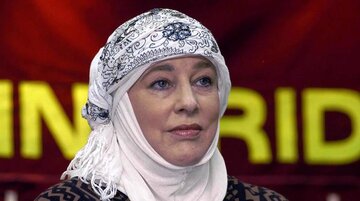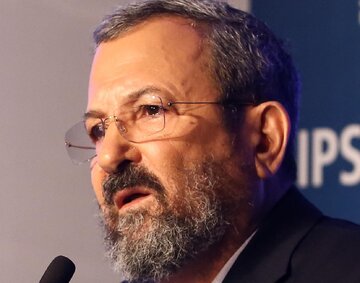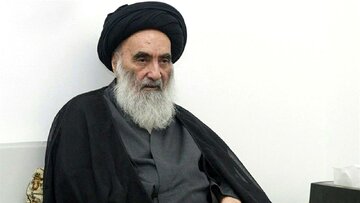AhlulBayt News Agency: Six Lebanese were killed and two injured in an airstrike by the Israeli army in eastern Lebanon, media outlets have reported.
The Lebanese National News Agency reported on Saturday that the raid by an enemy drone on the Shaara area adjacent to the town of Janta, on the slopes of the eastern Lebanon mountain range, resulted in six martyrs and two wounded.
The Israeli military, in a statement, said its air force carried out the strike under the direction of intelligence services, claiming it targeted Hezbollah members in the Bekaa Valley, according to theTurkish state-run news agency Anadolu.
Under the cease-fire deal, Israel was supposed to complete its withdrawal from southern Lebanon by January 26, but the deadline was extended to February 18 after Israel refused to comply.
....................
End/ 257






Your Comment